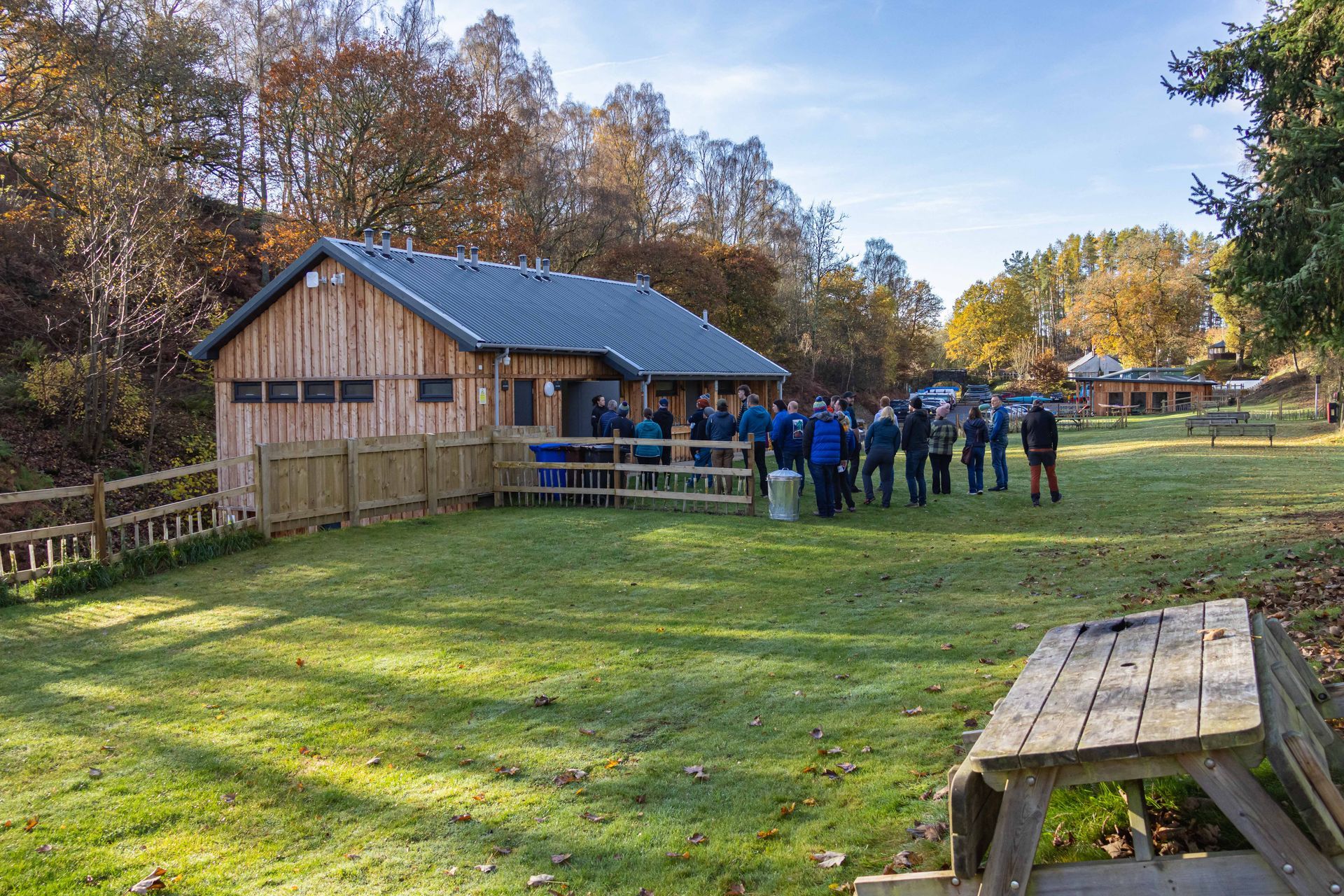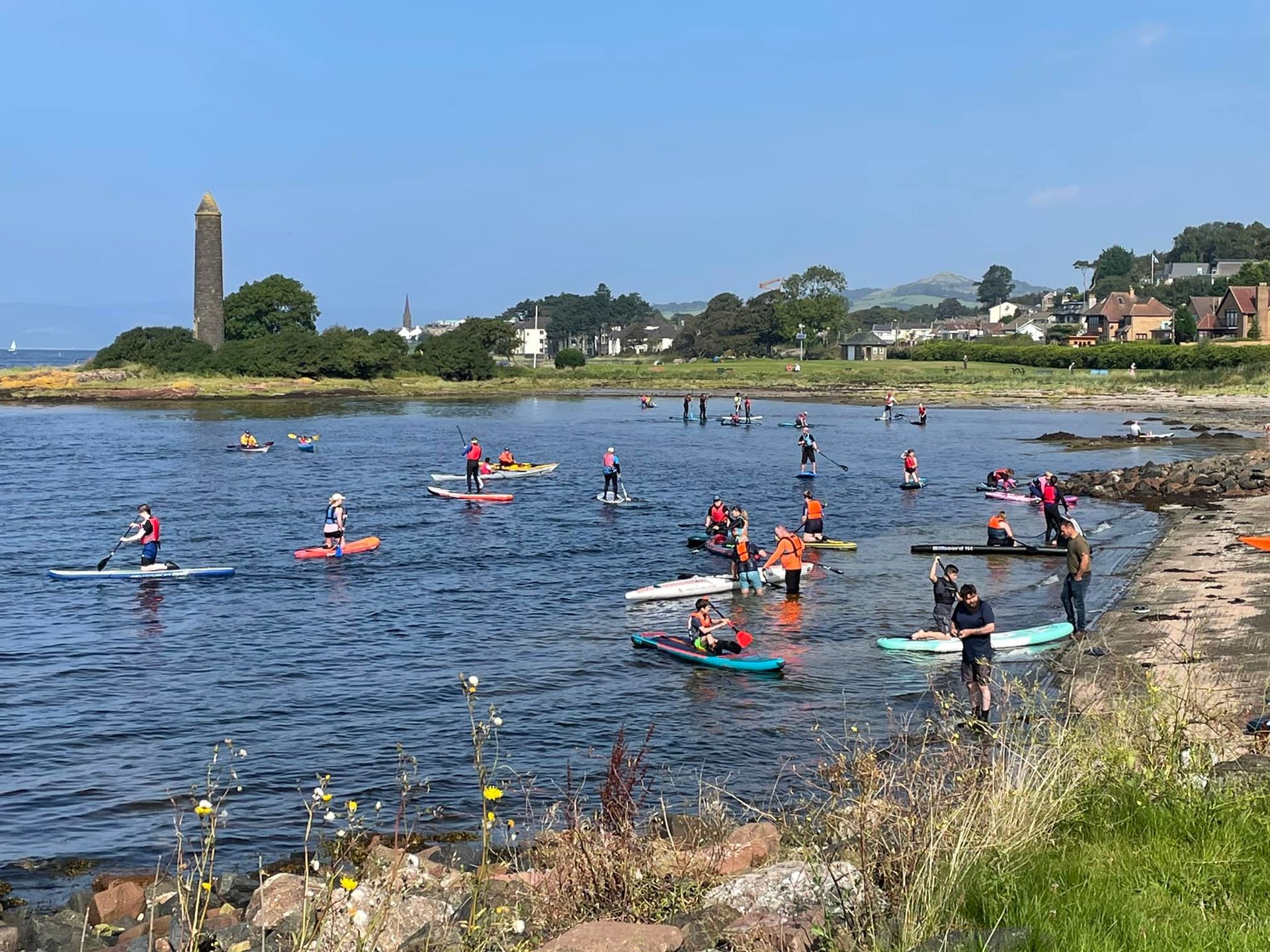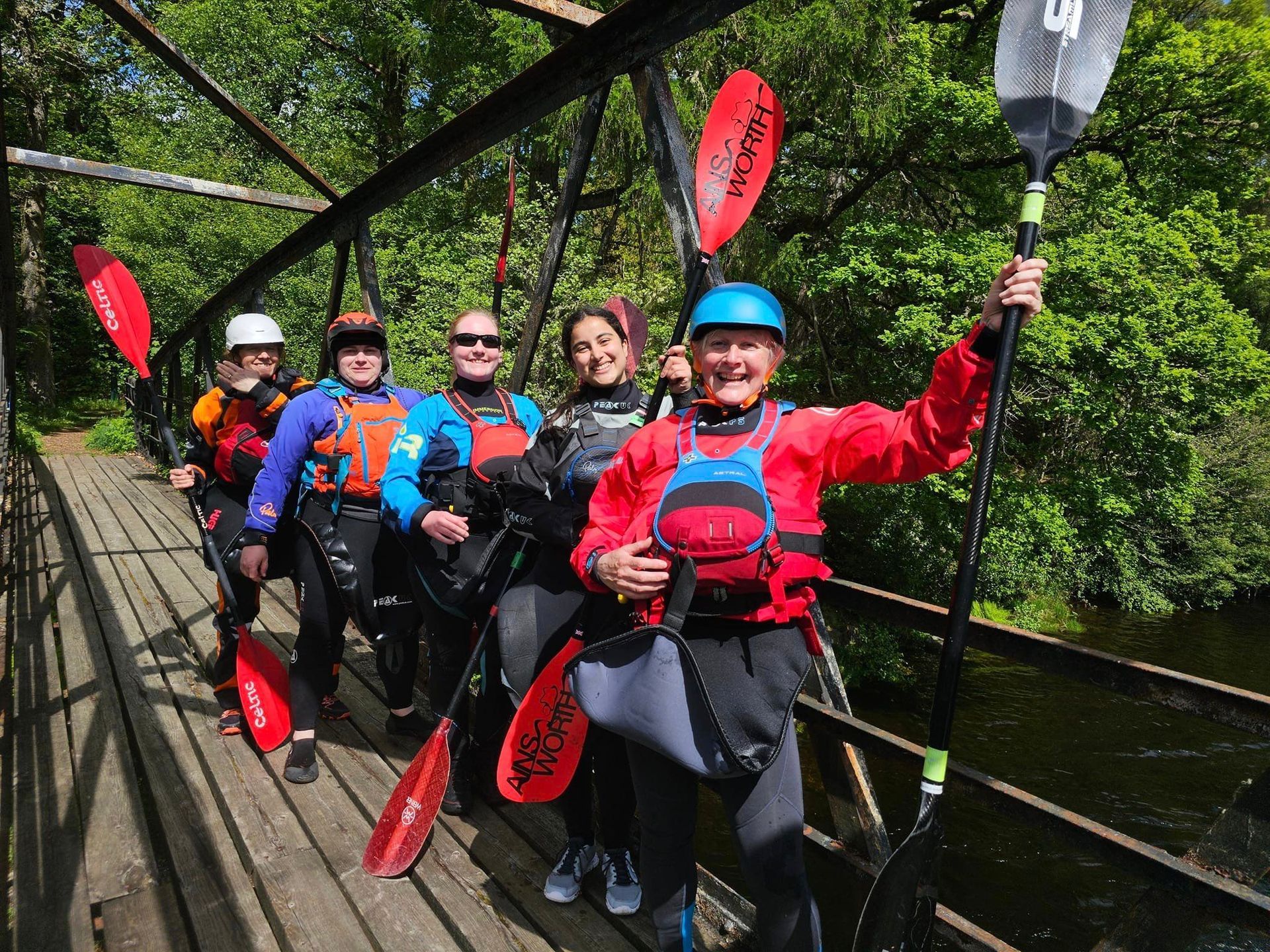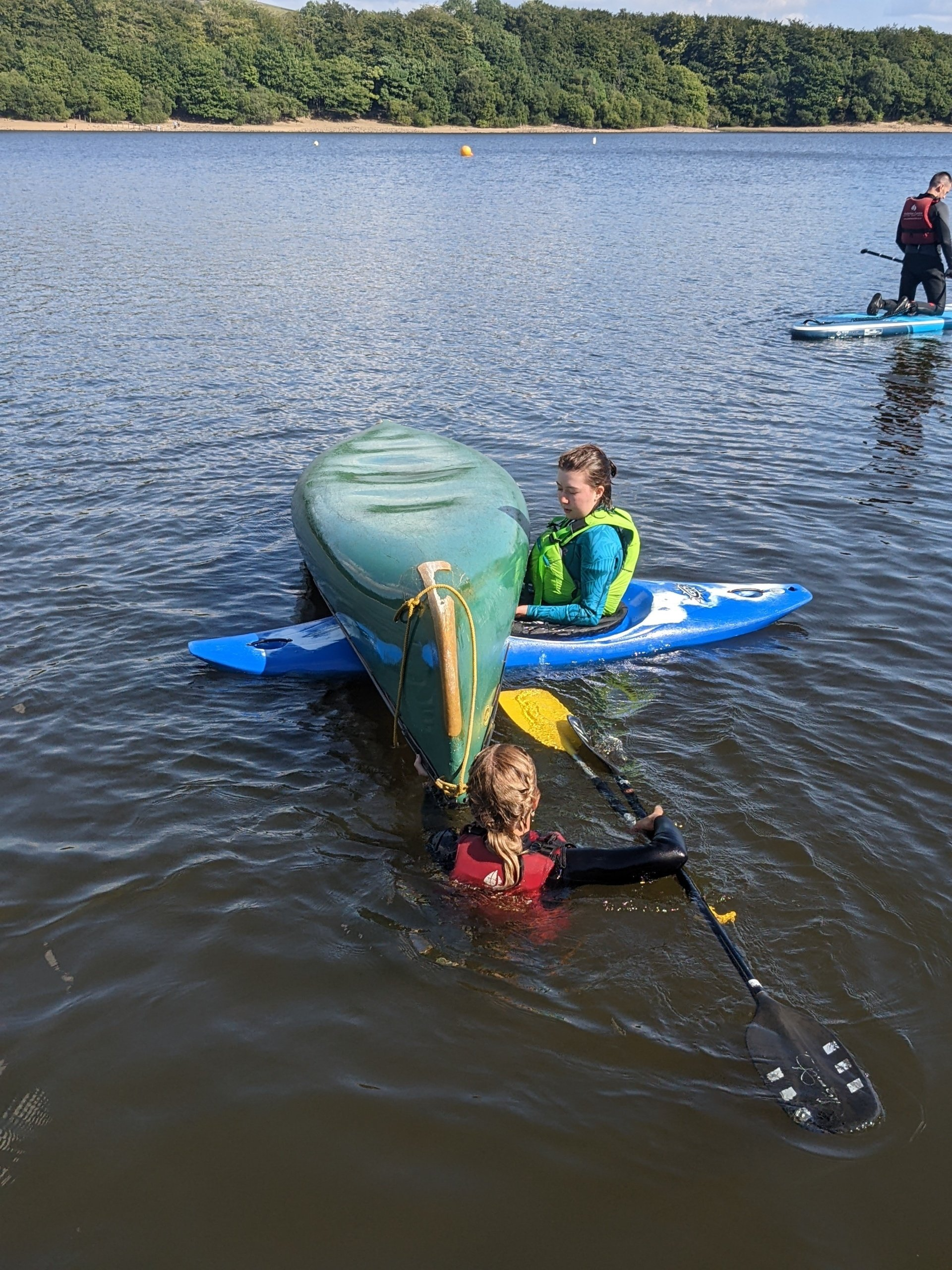A Focus on Mental Health
A Focus on Mental Health….
It's April, the end of winter is official. How are we feeling?
After a long and grim winter, the local Paddling Club is getting ready for a Spring paddle.
AMARI – I have been paddling with the club for 3 years. I love being out on the water, the excitement, the feeling of accomplishment, and the social aspect of being with likeminded people. I’m keen to develop my skills but I had an accident last year and damaged my shoulder. It's quite painful. I’m not sure how this is going to affect my paddling, I’m worried I won’t be able to paddle as well as before. I’m so fed up with people telling me to take it easy and just rest. The leaders and coaches know about my shoulder. Our coach (Alex) is very experienced and knowledgeable and will know what to do if it starts to play up.
(Injury patients are at risk of low levels of mental health and wellbeing1)
SAM – My doctor recommended I try something that keeps me physically active, connects me with people, and develops a new skill. I find being around water relaxing and it has often helped me to stay present, so I thought I would try paddling. I found the club through the Paddle Scotland website. I disclosed on the medical form I have anxiety and depression. I have some cuts on my legs from self-injury, but I’m not sure I feel comfortable disclosing this. They might judge me and think I’m just seeking attention, not many understand self-harm and I’m scared to talk about it.
(Nearly a quarter of adults in Scotland thought that self-harm was something people did to seek attention, however, 9 in 10 adults viewed self-harm as a serious issue and felt more should be done to address it2).
BROOKE – I’ve been a member for about 5 years and I often assist with leading the sessions. I used to love it, but recently I’ve been too busy with work, and I often feel too tired. I don’t enjoy it as much as I used to, I haven’t progressed as well as I had hoped, and I’m not as good as other members. Alex seems to be getting frustrated with me a lot of the time, I just don’t seem to be able to do anything right. I don’t know if I’ll make it to this session.
(The proportion of adults displaying 2 or more symptoms of depression remains in the range of 10%-12%3).
ALEX – I’ve been a coach with the club for 8 years. It can be a lot of responsibility and it feels like everyone turns to me to do everything. Sometimes I just want to enjoy paddling with friends rather than having to sort the logistics out, plan sessions, do CPD, look after and coach everyone else. Brooke hasn’t been engaging or helping out as much either and probably won’t turn up.
I volunteered to coach at the club to help others enjoy paddling, but lately I’m having to do so much. I’ve not had much time to plan today (it always falls to me). We’ve got a mixed group of paddlers with varying experience; some are recovering from injuries and some are new to the club. There’s a new member who has put on their medical form that they have anxiety and depression, I feel fairly confident this won’t be an issue or something I need to consider, but I don’t have time to deal with it.
(In 2018, 74% of the UK population felt ‘overwhelmed or unable to cope4).
More people are being encouraged and turning to paddlesports and the blue space to help them with their mental wellbeing. The NHS 5 key steps to improve mental wellbeing are embodied in paddling: connect with others, be active, keep learning, give to others, and be mindful. In an environment where 2 day physical First Aid training is the norm to be a practitioner in paddlesports, why would we not want to put the same emphasis on the mental health and wellbeing of our community?
Looking after ourselves and others (physically and mentally) is a large part of paddling.
The recognition of mental health and wellbeing across society is increasing. Paddle Scotland’s vision includes “Everyone Can Paddle”. Yet, when the dark cloud of depression descends, or the voices say, ‘you can’t do it’, ‘you’re useless’, ‘you’re not welcome’, or life is just too hectic and demanding, or the cost of living worries are too much, or the fear takes over, or the stigma leaves you feeling ashamed, embarrassed, guilty, angry, hurt, worthless, ostracised, CAN everyone paddle?
What as coaches, leaders, mentors, as paddlers, can we do / are we doing so Everyone Can Paddle? How do we support mental health and wellbeing in paddlesports?
At the end of 2023, Paddle Scotland sought input from paddlesport providers, coaches, and leaders on how paddlesport can support mental health and wellbeing. 97% of respondents had attended some form of mental health awareness training, and 66% of respondents consider mental health awareness as ‘absolutely essential / very important’ when working with others in paddlesports. The results suggested people who have completed mental health training are more likely to recognise the importance of mental health in paddlesports. 77% of respondents found their training useful in supporting their role(s) within paddlesport.
We all have mental health, therefore we all could take responsibility to keep learning about mental health and wellbeing and ensure Everyone Can Paddle.
#PaddlesportsPaddlesupports
1 Van der Vlegel et al. (2022). Anxiety, depression and post-traumatic stress symptoms among injury patients and the association with outcome after injury. European journal of psychotraumatology, 13(1), 2023422.
https://doi.org/10.1080/20008198.2021.2023422
2 Samaritans Scotland. (2020). Hidden too long: uncovering self-harm in Scotland.
https://media.samaritans.org/documents/HiddenTooLong_uncoveringself-harminScotland.pdf
3 Scottish Government. (2021). The Scottish Health Survey 2021 – Volume 1: main report.
https://www.gov.scot/publications/scottish-health-survey-2021-volume-1-main-report/pages/7/
4 Mental Health Foundation. (2018). Stress: Are we coping? Report.
https://www.mentalhealth.org.uk/sites/default/files/2022-08/stress-are-we-coping.pdf
Please see our related news item -
Mental Health First Aid Training - 20th May @ Glenmore Lodge

